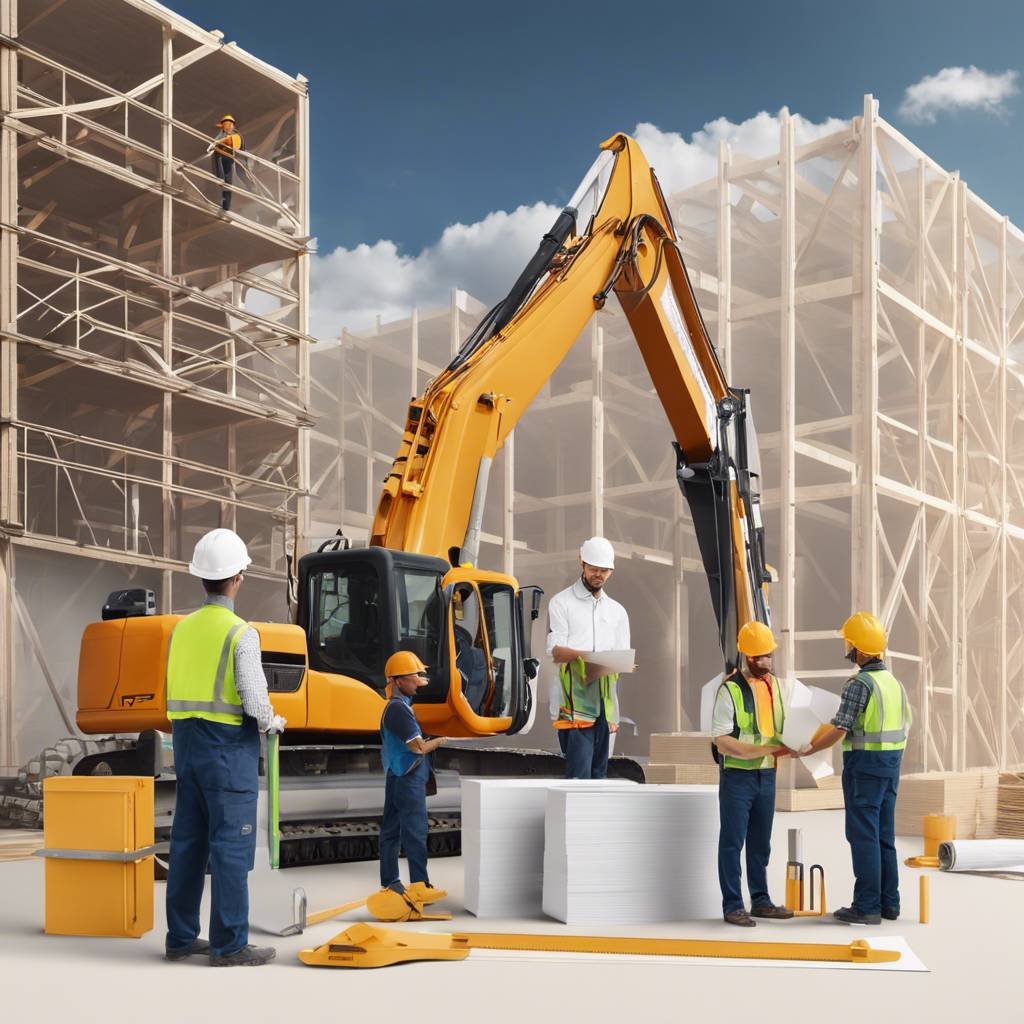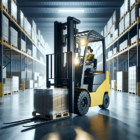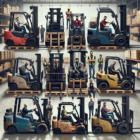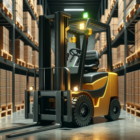Navigating construction contract disputes is akin to untangling a Gordian knot. It takes finesse, understanding of the landscape, and the right tools. Across the globe from Ireland, where trends are showing a leap towards efficient adjudication and relationship-preserving practices, there’s a shift in the construction industry that mirrors the precision and agility required in every other aspect of the sector. Here in Australia, particularly in Sydney, the evolution of dispute resolution echoes the same tune, urging businesses to make strategic decisions about their heavy-duty equipment needs, especially when it comes to choosing between a diesel forklift or an electric one, forklift hire, or forklift repairs and servicing.
Construction disputes often occur due to gaps in contracts, a reality that project managers and stakeholders in Sydney would be familiar with. Like our friends in Ireland, we see the effect varying stakeholder objectives and project-specific requirements have on project delivery. The financial implications alone – considering the current economic climate and the fluctuation in costs – can push a project to the brink, heightening the risk of disputes.
Let’s consider the direct application and implications for those in the market for forklift hire in Sydney or debating between a diesel forklift vs an electric forklift. Where do construction disputes leave them? Essentially, the stability of the provider becomes a critical factor to consider. Given potential insolvency issues, aligning with a robust vendor who offers reliable forklift hire and servicing in Sydney is paramount to avoid project hiccups.
With the growth of the construction sector, the demand for such equipment is on the rise. The need for efficient, reliable forklift repairs and servicing cannot be overstated. Timely maintenance and repair reduce the risk of downtime, which can lead to project delays and, by extension, disputes regarding contract timelines and costs. Regular forklift servicing in Sydney provides a layer of security and confidence, reaffirming that the equipment will perform optimally when required, thereby mitigating potential conflicts.
The emphasis now is not just on acquiring a Toyota forklift or choosing between a diesel forklift and an electric forklift. It extends to understanding which type of equipment will best meet the project needs while minimizing the risk of conflicts. Diesel forklifts have long been lauded for their durability and strength, particularly for outdoor use where they excel despite the elements. But as climate consciousness grows and the construction industry seeks more sustainable models, the electric forklift is becoming a formidable contender. Their lower emissions, reduced noise levels, and lower long-term operating costs make them an attractive option for projects, especially those within urban environments or with stringent environmental standards.
This is why providing comprehensive information on forklift hire in Sydney, including the pros and cons of diesel vs electric forklifts, becomes part of the preventative strategy against disputes. The more informed a project manager is, the better equipped they are to make decisions that align with project objectives and contractual stipulations, which, in turn, prevents discrepancies and misunderstandings.
Efficiency is king, both in dispute resolution and in operational requirements. The construction industry’s move toward faster, more cost-effective solutions rings true for construction equipment. Just as mediation and conciliation are rising stars in contract dispute resolution in Ireland, the push for more efficient, battery-powered electric forklifts is becoming apparent in Sydney’s skyline. However, the robustness and reliability of the diesel forklift remain relevant, particularly in heavy-duty or less environmentally constrained scenarios.
Ultimately, whether one opts for forklift hire, maintenance, or servicing, the key takeaway for businesses in Sydney is to prioritize partnerships with suppliers who demonstrate stability, comprehensive knowledge, and flexibility. In a world where faster dispute resolution is becoming the norm, aligning with a service provider that understands the intricacies of your project needs and the volatility of the construction environment is more than just an operational decision — it’s a strategic one.
To encapsulate the sentiment across both Sydney and Ireland, the construction industry is leveraging the power of foresight, innovation, and strategic partnerships. It’s about proactively addressing potential disputes at their core by making informed, strategic decisions regarding the tools and services employed. As we continue to watch the skyline rise, it’s clear that the machinery we rely on is not just about the power it holds but also about the harmony it can help maintain in our contractual relationships.





